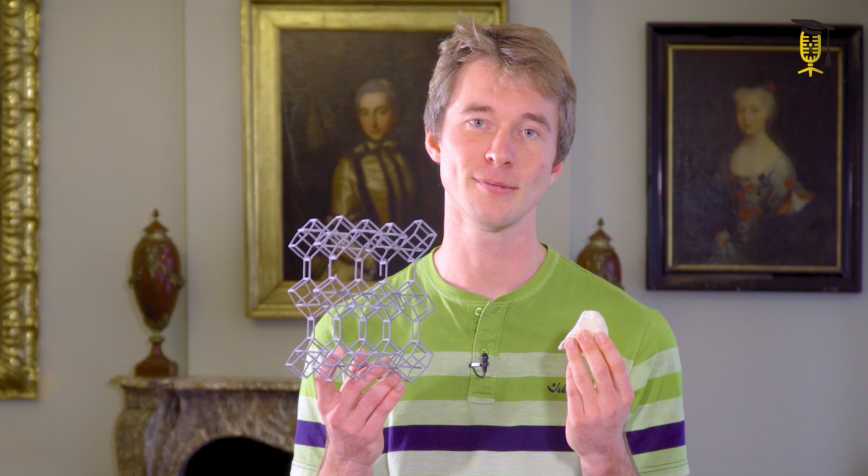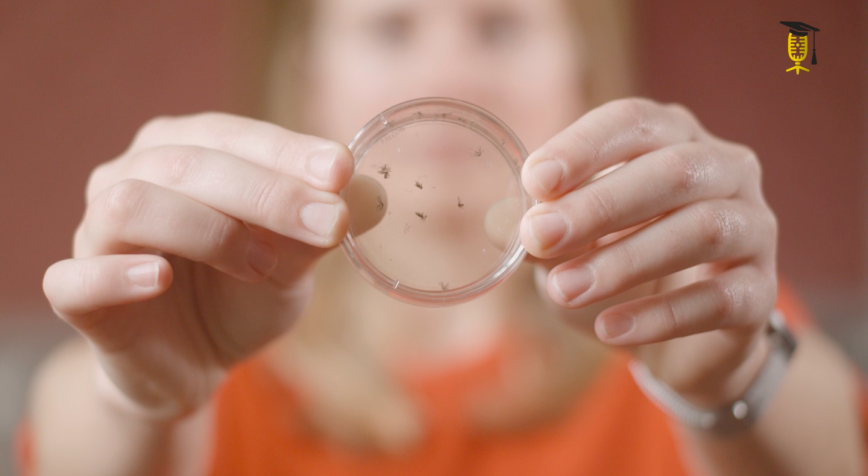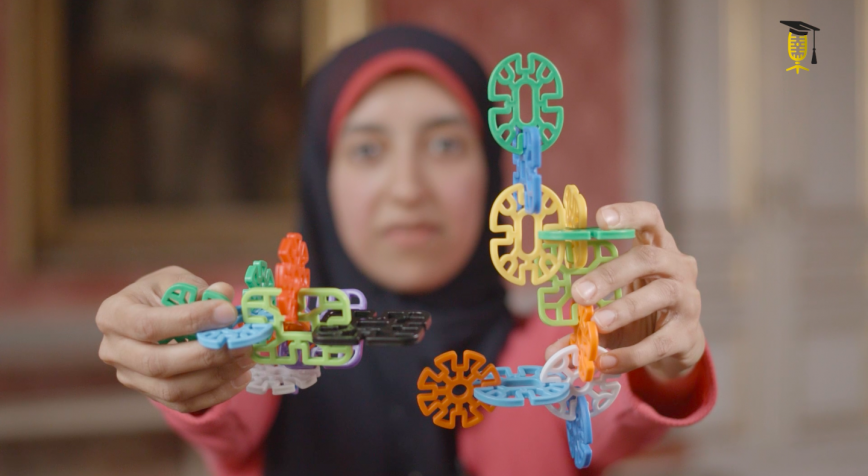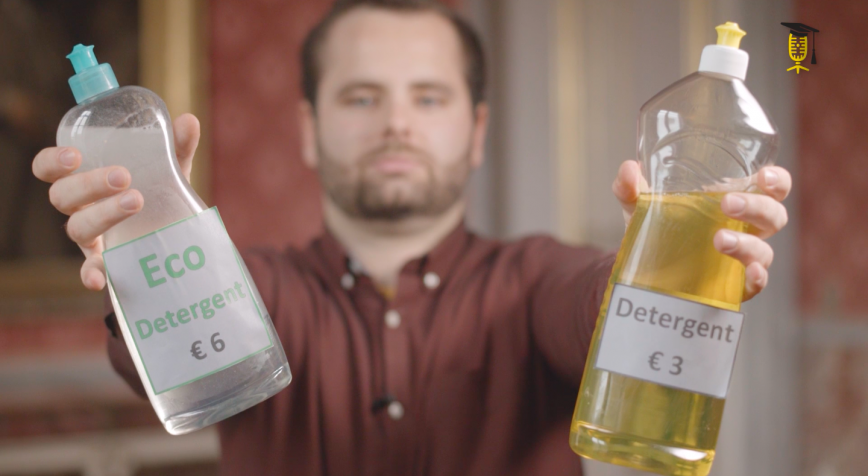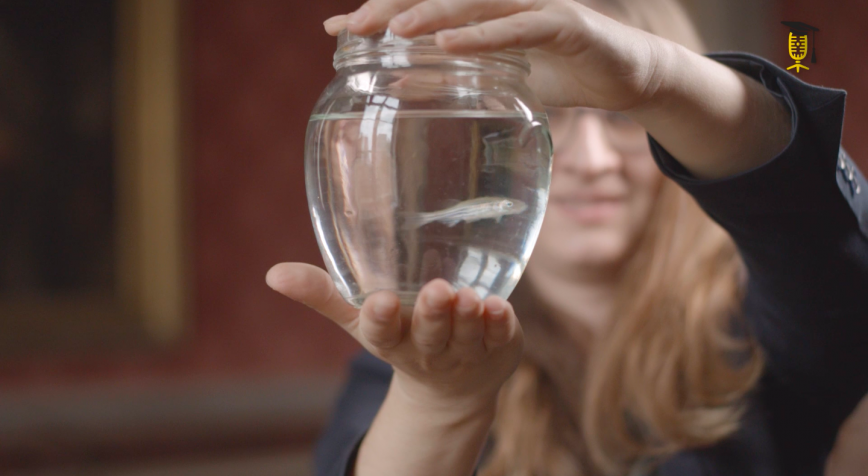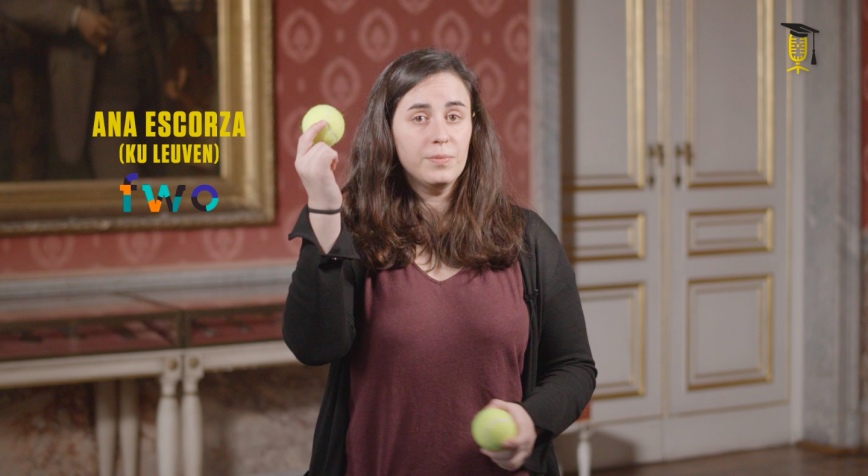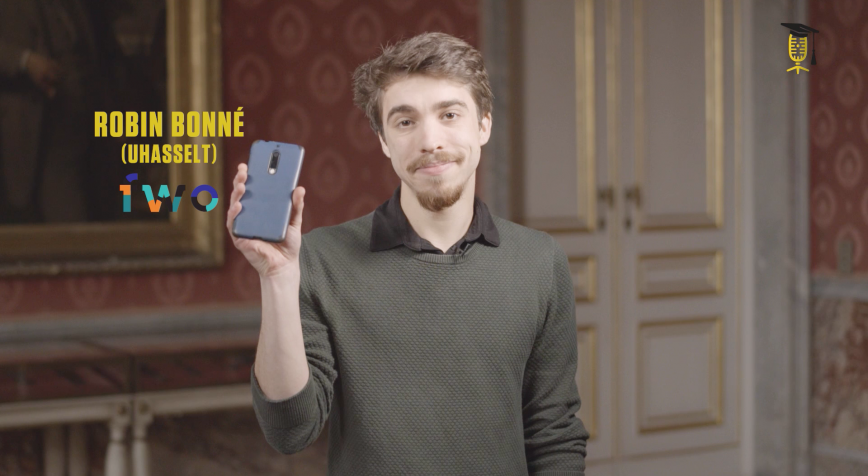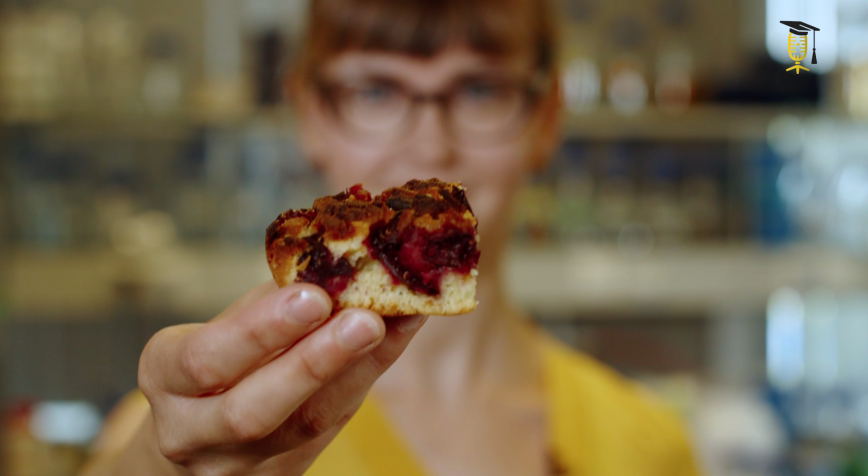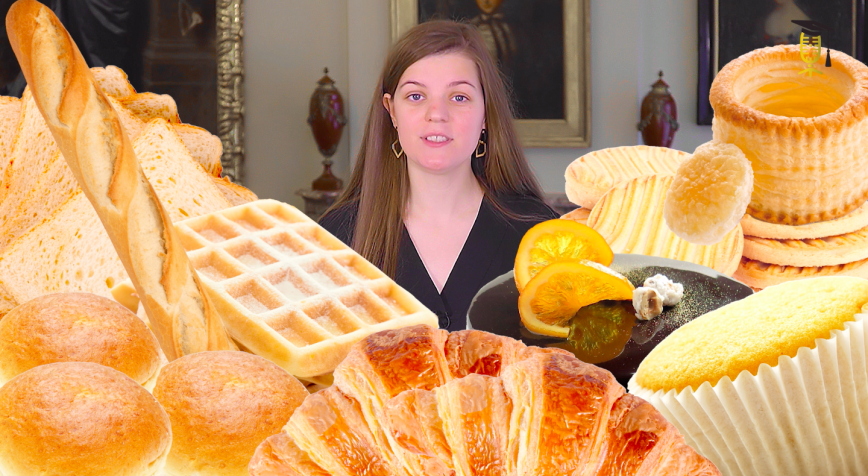
KU Leuven
White bread, but deliciously rich in fibre
Do you also love bread? Belgians eat an average of 33 kg of bread a year, about 1,000 slices. But that's mostly white bread, which doesn't contain much fibre. To make us eat more of that healthy fibre, Sara Petit-Jean (KU Leuven) is working on new, high-fibre white bread.
